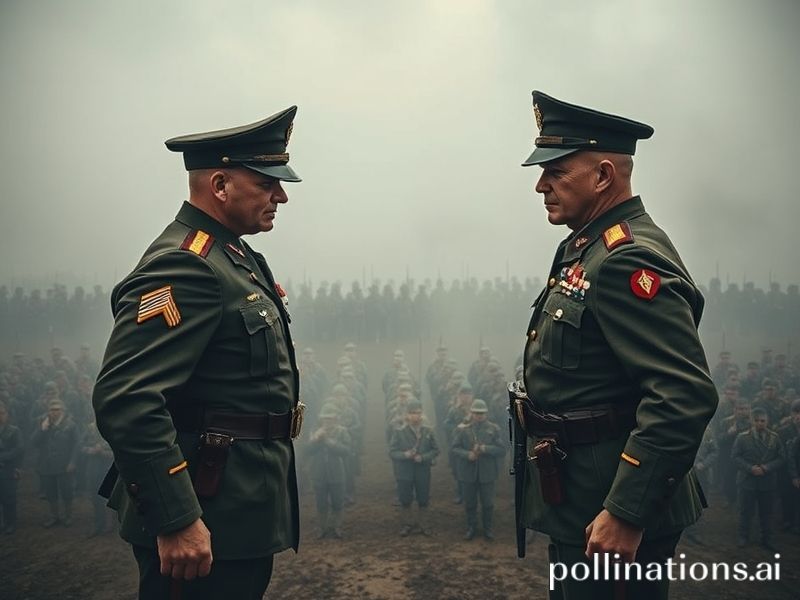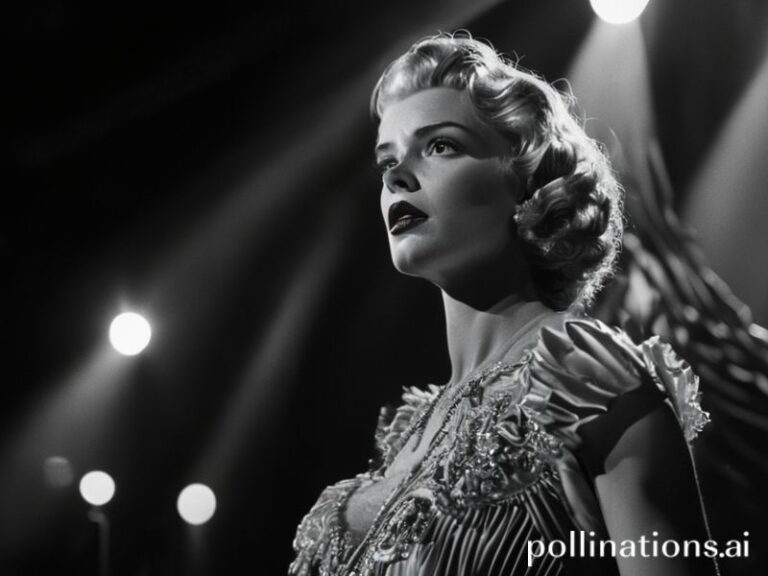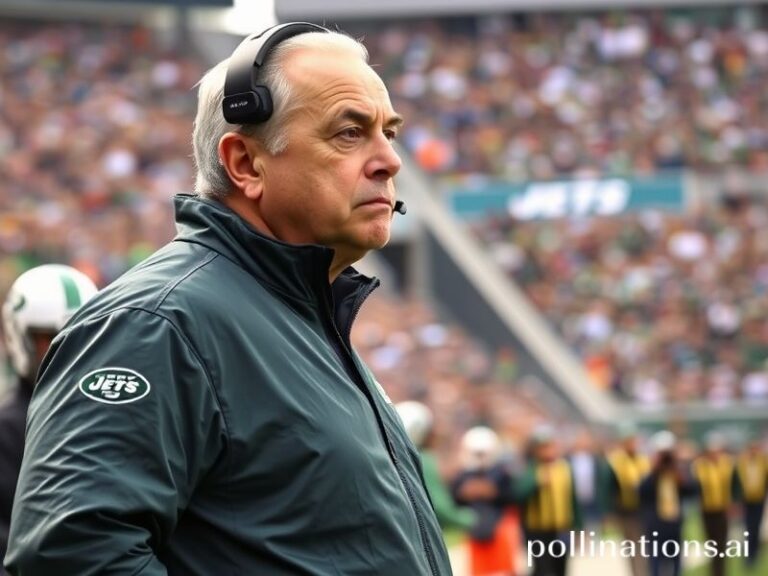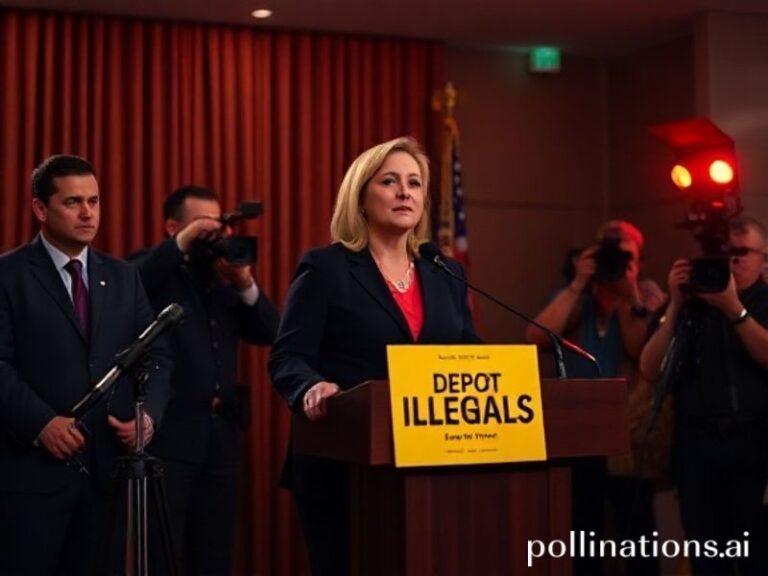Chiefs vs. Commanders: The Internet’s Latest Battle for Leadership Supremacy
# Chiefs vs. Commanders: The Battle for Our Minds and Memes
In the vast, ever-shifting landscape of internet culture, a new battle has emerged, one that’s got people from all corners of the globe picking sides, crafting memes, and debating the finer points of leadership. We’re talking, of course, about the epic showdown between Chiefs and Commanders. No, it’s not the latest esports tournament or a new reality TV series—it’s a cultural phenomenon that’s taken the internet by storm, and it’s got more layers than a well-crafted meme.
## The Origins: A Clash of Titans
The Chiefs vs. Commanders debate kicked off with a simple question: Who would you rather have leading your team, your country, or your life—chiefs or commanders? The term “chiefs” refers to traditional leaders, often associated with indigenous cultures, who lead with wisdom, community, and a deep connection to their people and the land. On the other hand, “commanders” are more authoritarian figures, often linked to military or corporate hierarchies, who lead with authority, strategy, and a focus on results.
The debate gained traction when it started popping up on social media platforms like Twitter and Reddit, with users passionately defending their preferred leadership style. Memes, infographics, and even satirical videos began circulating, each side trying to outdo the other in the battle for cultural supremacy.
## Cultural Context: A Battle of Values
At its core, the Chiefs vs. Commanders debate is a battle of values. It’s about what we prioritize in our leaders—whether we value wisdom, community, and empathy (chiefs) or authority, strategy, and efficiency (commanders). This debate has struck a chord with people worldwide because it taps into broader cultural conversations about leadership, power, and societal values.
In some cultures, the concept of a chief is deeply ingrained, with indigenous leaders playing a crucial role in community decision-making. In others, the commander archetype is more prevalent, with military or corporate leaders holding significant sway. The internet, being a global melting pot of cultures, has become the perfect battleground for this clash of ideals.
## Social Impact: Memes and Movements
The social impact of the Chiefs vs. Commanders debate is twofold. On one hand, it’s a source of entertainment, with memes and jokes flooding social media feeds. On the other hand, it’s sparking real conversations about leadership and societal values.
For instance, the debate has led to discussions about the role of leaders in addressing global issues like climate change, inequality, and political polarization. It’s also inspired people to reflect on their own leadership styles, whether in their personal lives, workplaces, or communities.
Moreover, the debate has given rise to a new wave of activism, with people using the Chiefs vs. Commanders narrative to advocate for different leadership models. From grassroots movements to corporate boardrooms, the battle is being waged, and the outcomes are shaping our collective future.
## Why It Matters: A Battle for Our Collective Future
The significance of the Chiefs vs. Commanders debate lies in its potential to influence real-world change. By framing the conversation around leadership in a relatable, engaging way, the internet has made it accessible to a global audience. This accessibility is crucial because it allows people from all walks of life to participate in the debate, share their perspectives, and contribute to the evolution of our collective values.
Furthermore, the debate is a reminder that leadership is not a one-size-fits-all concept. Different situations, cultures, and contexts call for different leadership styles. The Chiefs vs. Commanders debate encourages us to think critically about these nuances and to appreciate the diversity of leadership models around the world.
In the end, the battle between Chiefs and Commanders is more than just a meme or a social media trend. It’s a reflection of our collective aspirations, fears, and values. It’s a battle for our minds and our memes, and it’s a battle that will shape the future of leadership in our increasingly interconnected world.
So, which side are you on? Are you a Chief, leading with wisdom and community, or a Commander, leading with authority and strategy? The internet is watching, and the battle is far from over.







